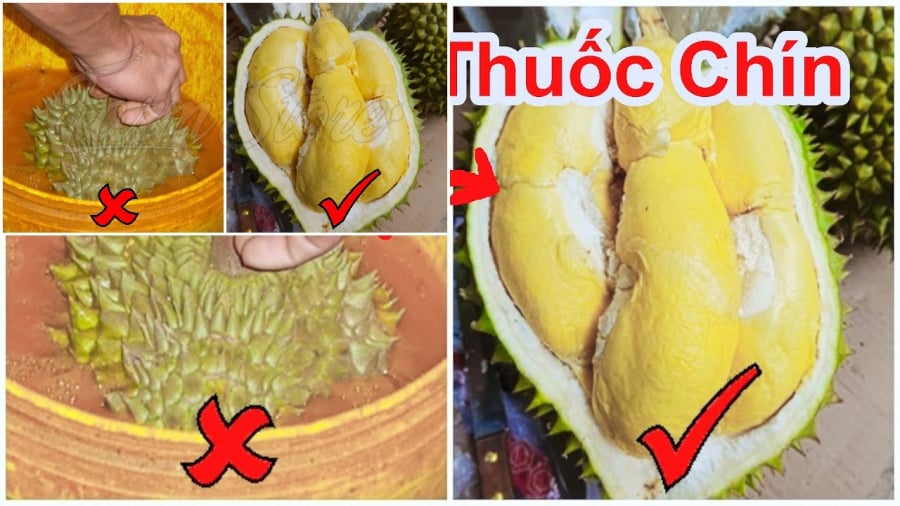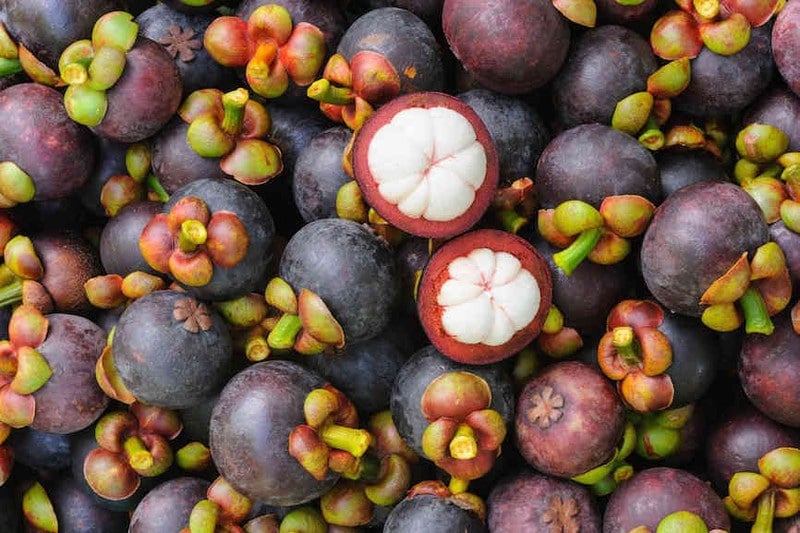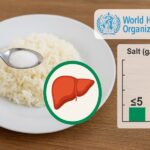1. Durian – The “King of Fruits” Falls Prey to Ripening Agents

Instead of waiting for the fruit to ripen naturally, which can take up to 7-10 days, many turn to ripening agents like ethephon or acetylene to hasten the process overnight.
Signs that durian has been forced to ripen:
- The fruit emits an unpleasantly strong odor, lacking the naturally rich, buttery aroma.
- The durian’s arils (edible part) are unevenly ripened, pale yellow, and mushy or crumbly.
- The stem is wilted, but the spines remain rigid instead of softening.
Consuming durian ripened with chemicals not only diminishes its flavor but also poses risks of food poisoning, stomach aches, and potential long-term damage to the liver and kidneys.
2. Bananas – The Humble Fruit Often Artificially Ripened and Whitened
Bananas are prone to quick ripening, but merchants often use ripening agents like Ethephon or sulfur fumes to achieve a uniform, attractive yellow color.
Indicators of artificially ripened bananas:
- Bananas ripen uniformly, devoid of natural spotty patterns.
- The banana’s peel is a bright yellow, while the stem remains green and stiff.
- The fruit’s flesh is pale, less sweet, and lacking the characteristic banana aroma.
Eating chemically ripened bananas can disrupt digestion and pose risks to the gut health of children and individuals with a sensitive digestive system.
3. Mangosteen – Summer’s Delicacy, Prone to Water and Chemical Injection

Signs that mangosteen has been tampered with:
- The fruit is abnormally plump and heavy for its size.
- The rind is soft and lacks resilience; it may even leak water.
- Upon cutting, the flesh appears uneven, sometimes emitting a strange odor or displaying unnatural colors.
Consuming mangosteen injected with unknown chemicals can lead to food poisoning and potential long-term damage to the liver and kidneys.
4. Longan – Small Fruit, Big Risk of Sulfur Fumigation
Longan, when harvested, has a tendency to develop a dull appearance and wilt. To prolong its shelf life, some merchants treat it with sulfur fumes or anti-mold agents to maintain a fresh appearance and prevent fungal growth.
Indicators of longan treated with chemicals:
- The longan’s shell has an abnormally bright yellow color, lacking uniformity.
- The aril is devoid of fragrance, chewy like rubber.
- A mild, pungent odor differs from the naturally sweet fragrance.
While sulfur fumigation prolongs the fruit’s freshness, excessive use can cause respiratory irritation, dizziness, headaches, and asthma attacks in susceptible individuals.
Tips for Consumers:
- Prioritize purchasing fruits from reputable stores and supermarkets with clear sourcing.
- Opt for fruits with a natural appearance; avoid overly shiny or uniformly ripe produce.
- Be cautious of unusually cheap fruit, especially from temporary markets or street vendors.
- Upon purchase, thoroughly wash and, if possible, peel the fruit to minimize chemical absorption.
As the market expands, offering a diverse range of fruits, consumers face challenges in ensuring food safety. Stay vigilant against chemically altered fruits to safeguard your health and that of your family. Remember, truly delicious fruit is naturally ripened and free from chemical interference—a small price to pay for your well-being.
Unveiling the 5 Familiar Food Groups That Harm Your Liver: A Surprising Revelation
The liver is a vital organ that is susceptible to damage from various familiar foods we consume. This introduction paragraph aims to intrigue readers by highlighting the potential dangers lurking in their diets and offering a solution to protect their livers. It teases an informative article that will reveal the top five harmful food groups and provide effective strategies to safeguard liver health.
“National Spice Alert: The Hidden Liver Fat Danger – Vietnamese Usage Twice the Safe Limit”
“It’s not the deep-fried snacks or alcoholic drinks, but a common spice in Vietnamese cuisine that’s quietly causing a fatty liver buildup, leading to potential health risks. Alarmingly, Vietnamese are consuming nearly double the recommended amount, while their livers silently cry for help every day.”





































